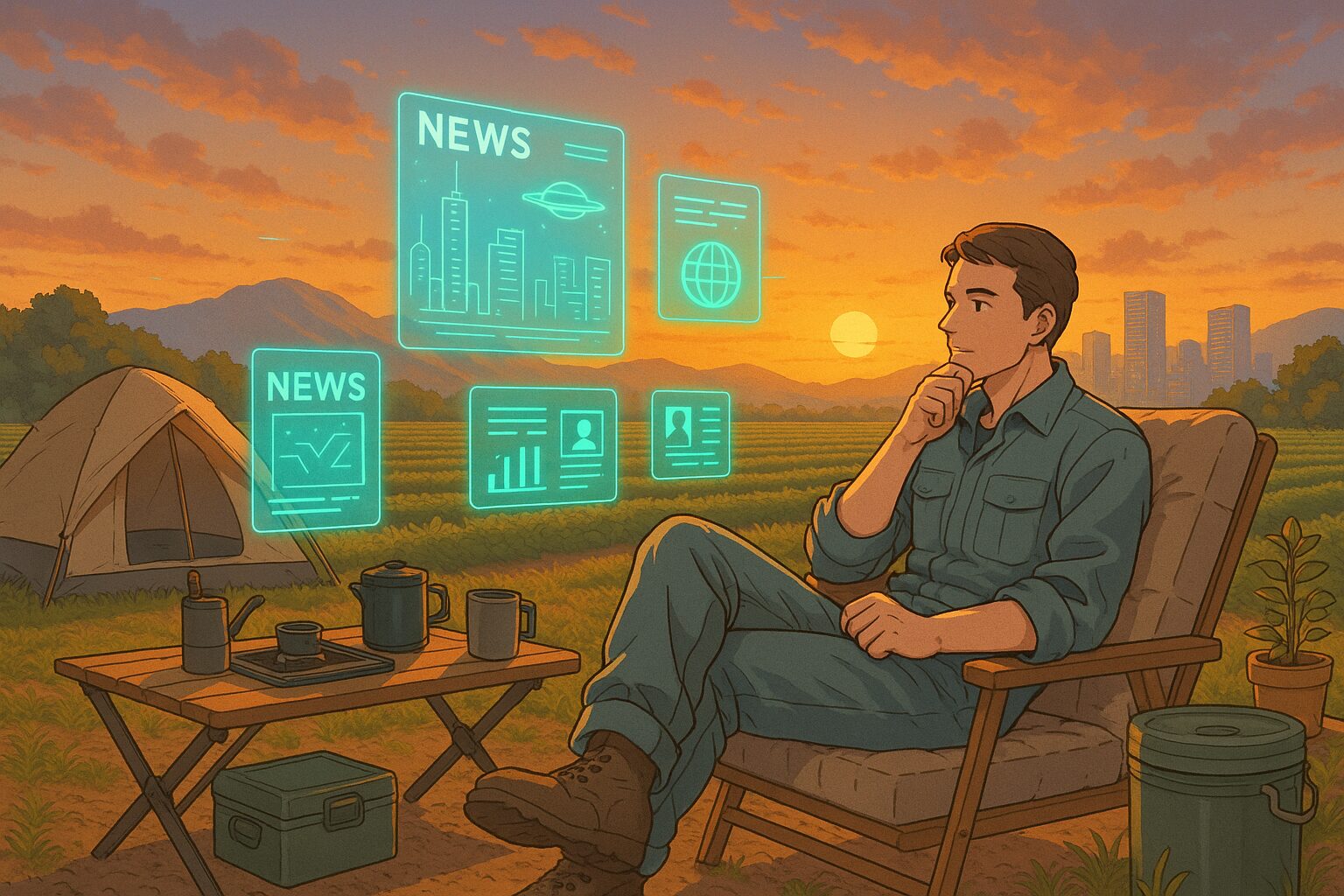Cities are not just places; they have become magnetic fields that generate new value. This article focuses on the phenomenon of American cities attracting corporate headquarters and considers the future if this trend continues. “How will our lives change if companies keep choosing cities?”
1. Today’s News: What is Happening?
Source:
https://biztoc.com/x/b019b04ce035548c
Summary:
- The corporate value of the Dallas-Fort Worth area has doubled over the past five years, reaching a total of $1.5 trillion.
- This growth is supported by business-friendly policies and low living costs.
- Meanwhile, other cities are losing their corporate headquarters.
2. Three Structures Behind the Phenomenon
① The Structure of Current Issues
The concentration of economic centers in specific regions poses a risk of leaving other areas economically behind. This phenomenon is driven by policies that offer tax incentives and deregulation, as well as differences in infrastructure and living costs.
② How It Connects to Our Lives
In cities where businesses gather, employment opportunities increase, and the local economy revitalizes. However, this can also lead to rising land prices and pressure on local small businesses. It directly influences our choices about where we live and how we work.
③ Us as ‘Choosers’
We have the power to choose which cities are livable and where we want to work. Choosing a city is not just about selecting a place to live; it is also about assessing how that city will develop and what value it will provide.
3. IF: What If This Continues, What Will the Future Be Like?
Hypothesis 1 (Neutral): A Future Where Concentration of Corporate Headquarters Becomes Normal
It will become normal for corporate headquarters to concentrate in major cities. The economy will revolve around these urban centers, and the influx of population from rural areas to cities will continue. Ultimately, the gap between rural and urban areas will become entrenched, forming a new lifestyle.
Hypothesis 2 (Optimistic): A Future Where Cities Develop Significantly as Economic Hubs
The growth of cities will accelerate as many companies gather, creating new business opportunities. Healthy competition among cities will enhance infrastructure and public services, improving the quality of life for residents. Our values will also shift to emphasize the diversity and vitality of cities.
Hypothesis 3 (Pessimistic): A Future Where Rural Vitality Declines
As corporate concentration in major cities continues, the economy of rural areas will stagnate. Population decline and aging will progress, raising concerns about a decrease in public services and the collapse of local communities. Our values may also come to assume migration to cities as a premise.
4. What Choices Do We Have Now?
Action Items
- Choose remote work or entrepreneurship in rural areas.
- Participate in projects that collaborate with local communities while utilizing the conveniences of cities.
Thought Process Tips
- Search for choices that balance urban vibrancy with rural charm.
- Propose lifestyles that consider the overall balance of society.
5. Work: What Would You Do?
- What does your ideal future city look like?
- If you were to think about new ways of working in rural areas, what ideas do you have?
- What policies do you think are necessary to balance cities and rural areas?
6. Conclusion: Preparing for Ten Years Ahead to Choose Today
What kind of future did you envision? Let’s consider the impact of urban growth on our lives and make choices we can act on now. Please share your thoughts on social media. Let’s all think together about what kind of future awaits us!









